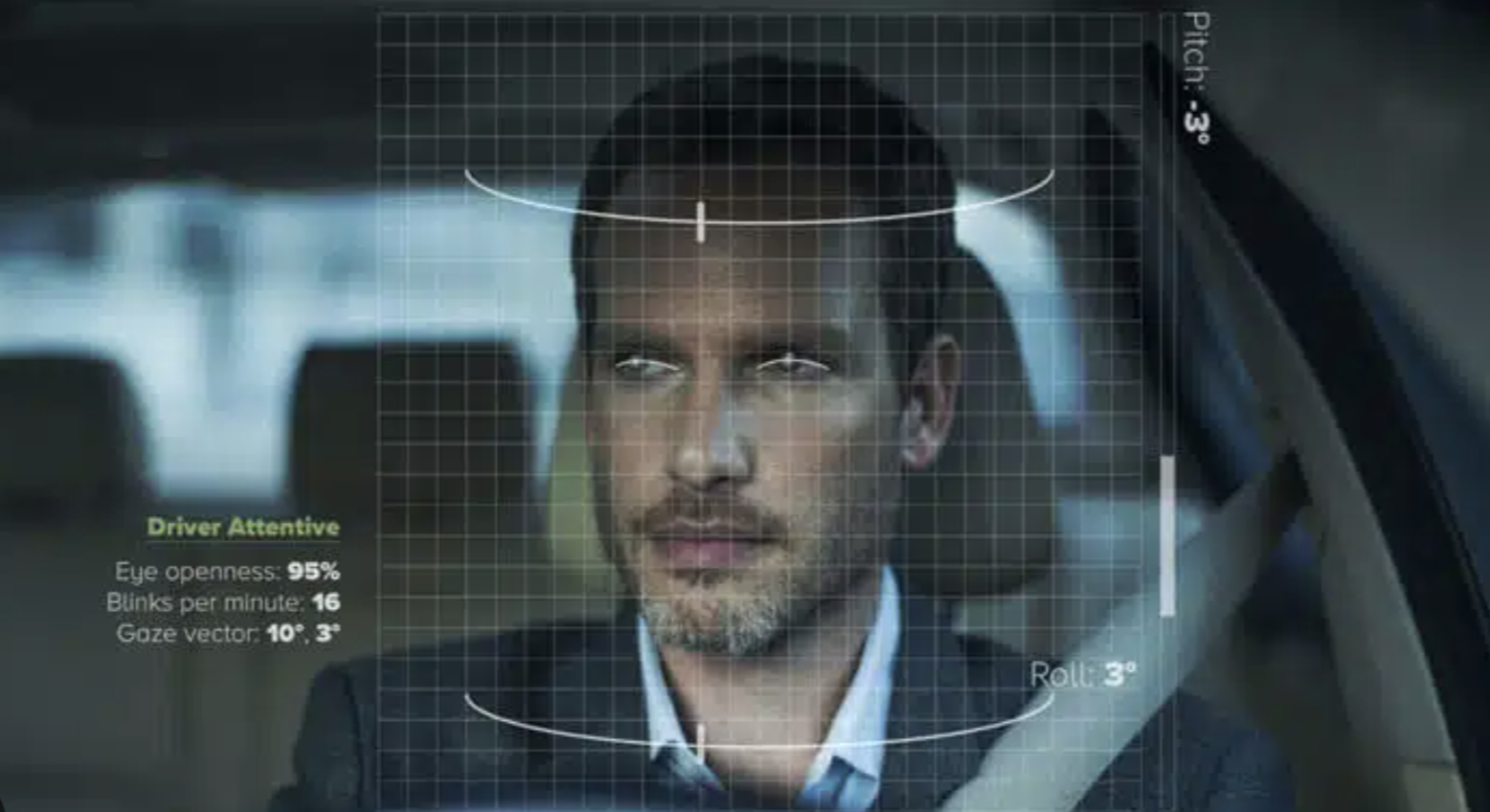Autonomous vehicle technology is among the most dynamic and intriguing fields globally, poised to transform everyday life. While many recognize that an autonomous vehicle operates independently without the need for a human driver, not everyone understands the nuances. Currently, fully autonomous vehicles—those that require no human intervention—are not available for private consumers. Instead, the market is populated with vehicles offering varying levels of partial autonomy. Features such as lane-keeping assist, adaptive cruise control, and autonomous navigation from point A to point B require drivers to remain vigilant and ready to take control if necessary.
Automakers are heavily investing billions of dollars annually in research, development, and acquisitions to push the boundaries of autonomous technology. Consumers, in turn, are willing to pay a premium for vehicles equipped with these advanced features, enhancing their driving experience.
Challenges on the Road to Autonomy
Despite the excitement surrounding autonomous vehicles, the journey is not without obstacles. One of the most pressing challenges is safety. Research conducted by the Insurance Institute for Highway Safety (IIHS) in the United States reveals that drivers using partial automation systems are significantly more likely to engage in distracting behaviors. Activities such as frequent phone checking, eating while driving, and other manual tasks increase notably when drivers rely on these autonomous features. Additionally, some drivers attempt to manipulate the system by making minor steering adjustments or placing objects on the steering wheel to simulate attention, thereby undermining the safety mechanisms designed to prevent accidents.
The core issue lies in the current limitations of these semi-autonomous systems. They are not sophisticated enough to achieve complete autonomy without a human driver and in many of the cases, lack the ability to detect when drivers misuse partial automation features. This gap poses a substantial risk, as distracted drivers may inadvertently cause accidents despite the presence of the automated features.
The Solution: Driver Monitoring Systems (DMS)
Driver Monitoring Systems (DMS) offer a promising solution to these safety concerns. Utilizing advanced algorithms and artificial intelligence, DMS can assess a driver’s attentiveness in real-time. These systems detect signs of distraction, drowsiness, or impairment and issue alerts to prevent potential accidents. By ensuring that drivers remain engaged and ready to take control when necessary, DMS significantly enhances the overall safety of partially autonomous vehicles.
Cipia Vision: Leading the Way
One of the leading companies in the DMS field is Cipia Vision (TASE: CPIA), an autotech firm listed on the Tel Aviv Stock Exchange. Cipia specializes in computer vision AI for in-cabin sensing, offering products like Driver Sense and Cabin Sense. These systems are already integrated into vehicles from 11 different manufacturers, and Cipia projects revenues of approximately $39 million between 2024 and 2028 based on existing contracts alone.
Cipia’s technology is gaining momentum, especially with upcoming European legislation mandating the installation of DMS in all new vehicles by July 2026. This regulation aims to reduce road fatalities, which are a leading cause of death among young Europeans aged 9-25.
Expanding into Commercial Fleets
In addition to passenger vehicles, Cipia offers the Cipia-FS10 system, designed for commercial vehicle fleets. Recent collaborations have demonstrated significant safety improvements, including a 70% reduction in accidents and a 90% decrease in phone usage while driving. In 2023, Cipia reported revenues of $849,000 from this segment, marking a 244% year-over-year growth.
In recent months, Cipia secured a contract to install its DMS in a luxury sports car model from a leading European manufacturer. Additionally, the company won a tender to equip five different commercial vehicle models from another major European automaker. These design wins not only validate Cipia’s technology but also position the company as a key player in the automotive safety landscape.
Research by the IIHS shows the critical importance of robust DMS. Studies indicate that as autonomous features become more prevalent, driver distraction increases, elevating the risk of accidents. Without effective monitoring, the benefits of semi-autonomous technology could be negated by unsafe driving behaviors. Specifically, the IIHS found that 80% of accidents involved a lapse in attention within three seconds before the crash—a scenario that Cipia’s DMS aims to mitigate.
As the automotive industry inches closer to full autonomy, Driver Monitoring Systems like those developed by Cipia are essential for ensuring safety and reliability. By addressing the critical issue of driver distraction, DMS not only enhances the safety of partially autonomous vehicles but also lays the groundwork for a future where fully autonomous transportation is both safe and dependable.
Read the full article on Venture-Block.com

This article is for informational purposes only and is not intended to serve as financial, investment or any form of professional advice, reccomendation or endorsement, and may include affiliate content.
Media Contact
Company Name: Global Market News Syndication
Contact Person: Arnold Benjamin
Email:Send Email
Country: United Kingdom
Website: https://www.futuremarketsresearch.com/

